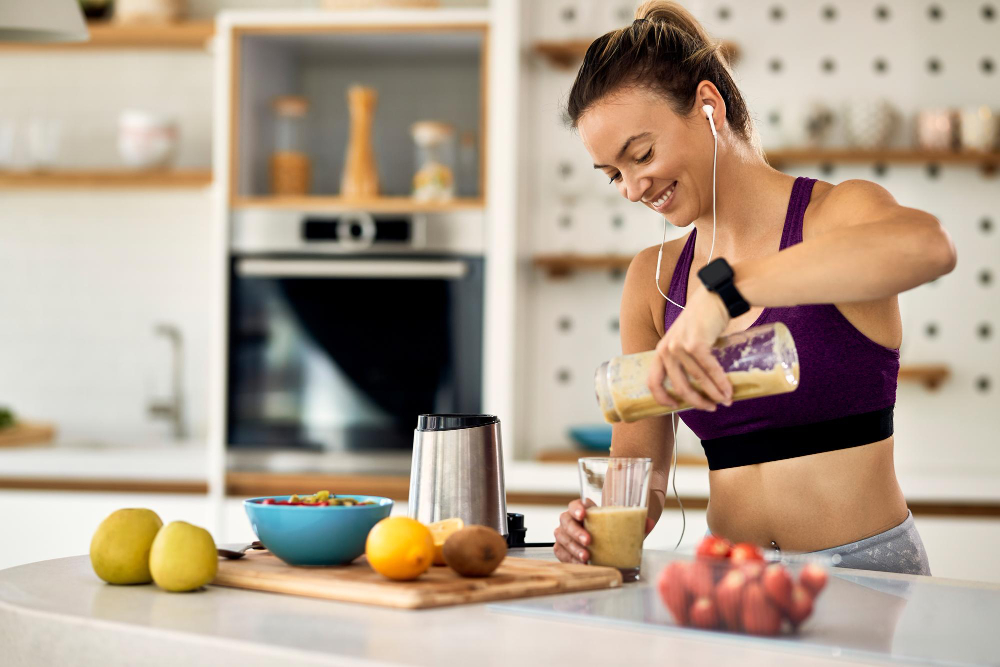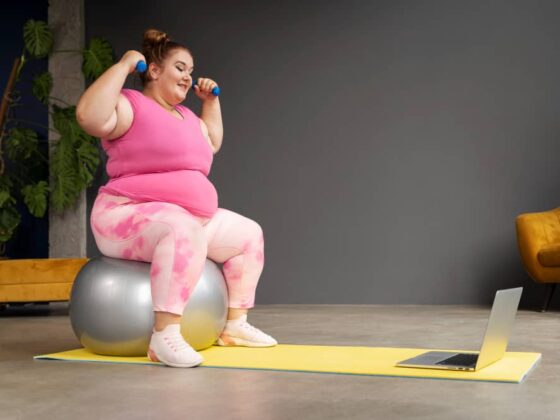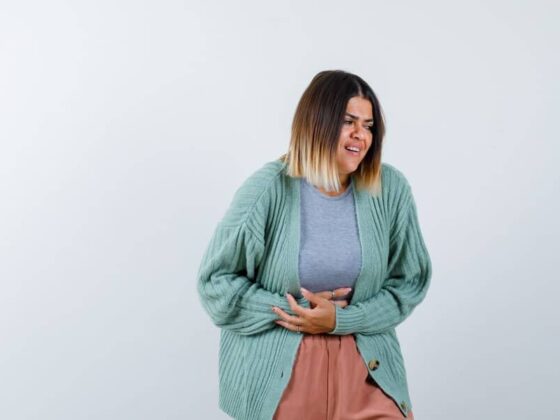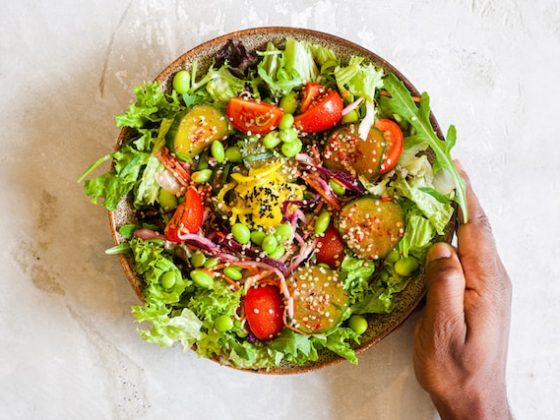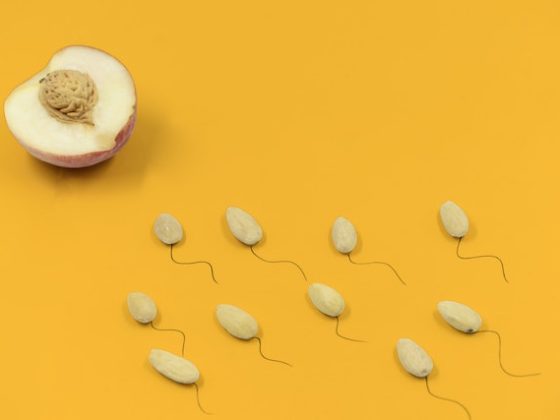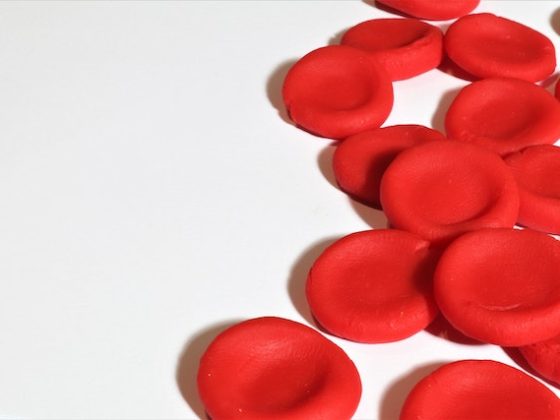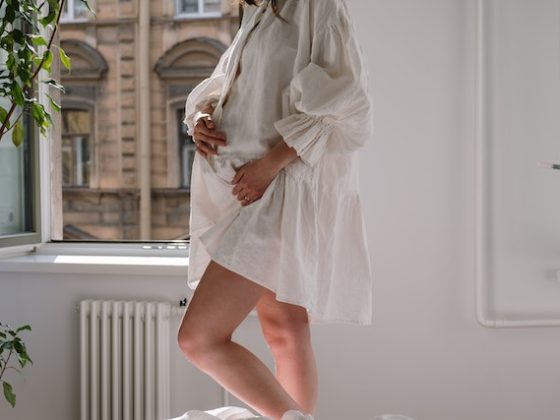Hey there! This post may contain affiliate links. As an Amazon Associate, I earn a teensy commission from qualifying purchases when you buy through these links (at no additional cost to you). For more info, please check the full disclaimer.
As a woman, you often hear about the importance of protein in your diet. But with conflicting information out there, there may be confusion about exactly how much protein women need per day to fuel their bodies right.
Interestingly, a survey shows that about half of the women aged between 18 to 50 years have no idea if they get sufficient protein or not.
Protein is an integral part of the diet. So whether you’re an athlete, a busy mom, or just interested in consuming a balanced diet, you may want to understand your protein needs to achieve your goals.
Let’s dive into the latest research and expert opinions on how much protein women really need daily. You’ll also discover ways to ensure you’re getting enough of this vital nutrient in your daily diet.
Importance of Protein For Women
Protein is an essential nutrient – one of the building blocks of life. Hence, it plays a critical role in nearly every important bodily function.
You need protein to build and repair tissues, including muscles, bones, and skin. Plus, it helps with the production of enzymes and hormones and the transport of nutrients and oxygen throughout the body.
For women, protein is also necessary for a smooth pregnancy and breastfeeding to support the growth and development of the fetus and infant.
Moreover, it enhances muscle mass, which helps keep you physically fit.
Read More: 15 Best Foods That Increase Estrogen
Factors That Affect Your Protein Needs
Several factors impact how much protein women need in their diets. These include age, lifestyle, health history, and level of physical activity. Pregnant or breastfeeding women may need higher levels of protein to support the growth and development of the fetus or infant.
Athletes and women who are physically active may also need higher levels of protein to support muscle growth and repair. Women who are trying to lose weight may also benefit from higher levels of protein, as it can help to promote feelings of fullness and prevent overeating.
Read More: 10 Worst Foods for Hormonal Balance
How Much Protein Do Women Need Per Day
There is no sure-fire figure of how much protein women need per day in their diet.
According to the National Institute of Health, per kilogram of body weight, ideally, women should take at least 0.8 grams of protein daily. In other terms, an adult woman with a sedentary lifestyle aged more than 14 should aim for a minimum of 46 grams of protein per day.

However, this is a minimum requirement, and many experts recommend higher levels of protein intake for optimal health.
On the other hand, the International Society of Sports Nutrition recommends that active women consume between 1.4 and 2.0 grams of protein per kilogram of body weight per day. This means that a 150-pound woman who exercises regularly would need between 95 and 136 grams of protein per day.
If you need more information, you can use this calculator to assess how much protein do you need based on your body type and lifestyle.
Benefits of Consuming Enough Protein
It’s critical to know how much protein women need per day to maintain good health and wellness. Some of the benefits of consuming enough protein for women are as below.
- Increase bone density
Protein is super critical for healthy bones, just like calcium and vitamin D. Osteoporosis is a common bone degenerative disease in women and is primarily on the rise due to nutritional deficiencies. Protein increases bone density and prevents age-related fractures.
- Healthy hair
If you’ve had problems with hair loss, it may be due to a lack of protein. It is a critical component for healthy hair and nails.
- Building body mass
If you’re an athlete or simply someone who wishes to remain fit, protein is an important dietary compound for you. It helps build the muscles and keep your body in shape.
- Promotes weight loss
A 2020 research published in the Journal of Obesity and Metabolic Syndrome also shows that protein can help with weight loss since it promotes feelings of fullness and curbs cravings.
- Better healing
Protein can help accelerate connective tissue rebuilding after surgeries such as a C-section or hysterectomy. Experts recommend women add sufficient protein to their daily diet for increased healing and shortening the recovery time.
- Skin firmness
Protein is also an essential component for nourishing the skin and maintaining its elasticity. It can be especially useful for aging or perimenopausal women who are concerned about wrinkles.

- Healthy pregnancy
It is needed for supporting the growth and development of the fetus and infant during pregnancy and breastfeeding. Plus, protein builds breast and uterine tissue during this time. Protein may also help boost blood circulation to your vital organs.
Read More: 7 Popular Breastfeeding Positions for New Moms
- Improved sex life
Eat more proteins to increase your sexual health as many of the meat sources rich in protein promote blood supply to your genitalia and enhance the sex drive.
- Reduce infections
You may also need protein to strengthen the immune system, produce antibodies, and fight off infections.
Symptoms of Protein Deficiency
Not consuming enough protein can have numerous negative effects on your overall well-being. You might notice many signs of protein deficiency such as:
- Swelling
- Hunger pangs and sugar cravings
- Fatigue
- Increased risk of infections
- Slow wound healing
- Frequent fractures and osteoporosis
- Hair loss and broken nails
- Moodiness
Best Sources of Protein For Women
Protein is found in a variety of food groups, such as:
- Different types of meats, including chicken, turkey, and fish
- Eggs
- Dairy products, such as milk, cheese, and yogurt
- Legumes and lentils
- Nuts and seeds, such as almonds, sunflower seeds, and chia seeds
It’s important to choose high-quality sources of protein that are also low in saturated fat and added sugars. This can help to promote overall health and wellness.
Read More: 100 Best Foods Rich in Iron
Vegan Protein Options For Women
For women who follow a plant-based diet, some of the best vegan and vegetarian sources of protein include:
- Legumes, such as beans, lentils, and chickpeas
- Tofu and tempeh
- Nuts and seeds
- Whole grains, such as quinoa, millet, farro, and brown rice
- Oats
If you follow a plant-based diet, you should choose numerous protein sources to ensure you are getting all the essential amino acids for good health. Otherwise, you might experience protein deficiency.
Protein Supplements For Women
For women who struggle to get enough protein in their diets, protein supplements can be a convenient and effective way to boost intake. They are packed with essential nutritional elements required for adequate muscle building, weight loss, and hormonal balance.
However, on the flip side, taking too many protein supplements can result in a spike in your sugar levels. In addition, you might experience irregular bowels, headaches, gas, and increased thirst.
Protein supplements are available as both capsules and in powder form. Some women also prefer protein bars.
The most popular types of protein supplements are whey and Casein protein powder.
It’s important to choose a high-quality protein supplement that is free from added sugars and artificial ingredients. It’s also important to talk to a healthcare provider before starting any new supplement regimen.
Read More: 5 Best Supplements for Vitamin B12 Boost
Balancing Protein Intake With Other Nutrients
While protein is an important nutrient, it’s also important to balance protein intake with other essential nutrients, such as carbohydrates and fats. A balanced diet that includes a variety of nutrient-dense foods is essential for good health and wellness.
Carbohydrates are important for providing energy to the body, while healthy fats are important for brain function and hormone production. Women should aim to consume a balance of all three macronutrients in their diets to support overall health and wellness.
Conclusion
In conclusion, protein is an essential nutrient that plays a critical role in many important bodily functions. The recommended daily protein intake for women depends on many factors like age and weight, etc. Consuming enough protein is essential for maintaining good health and wellness, and there are many sources of protein that women can incorporate into their diets. By understanding your protein needs and making sure you’re getting enough of this vital nutrient in your daily diet, you can take your nutrition to the next level and achieve your health and wellness goals.
References:
- https://www.uclahealth.org/news/are-you-getting-enough-protein-heres-what-happens-if-you-dont
- https://www.ncbi.nlm.nih.gov/pmc/articles/PMC6521232/
